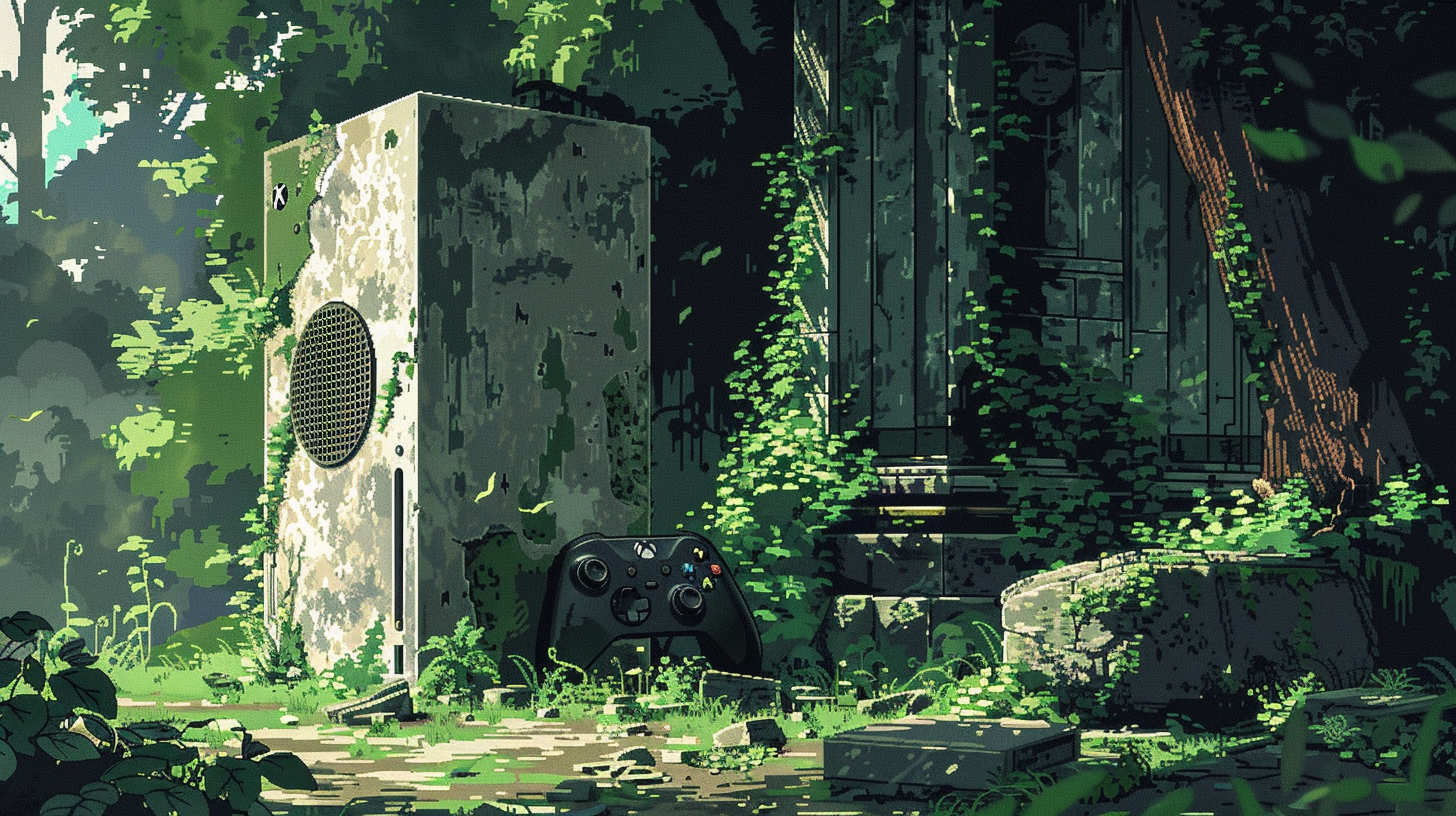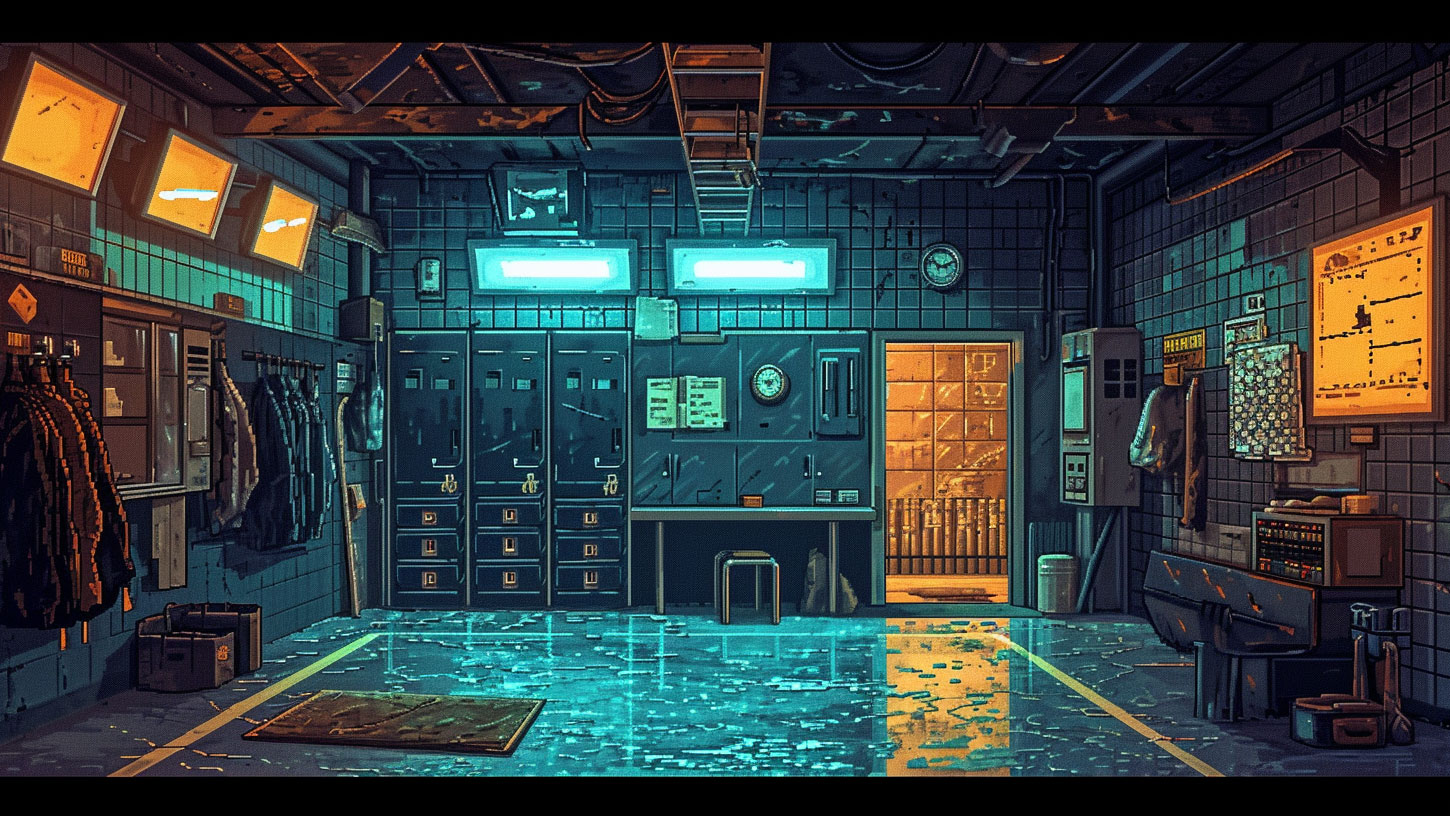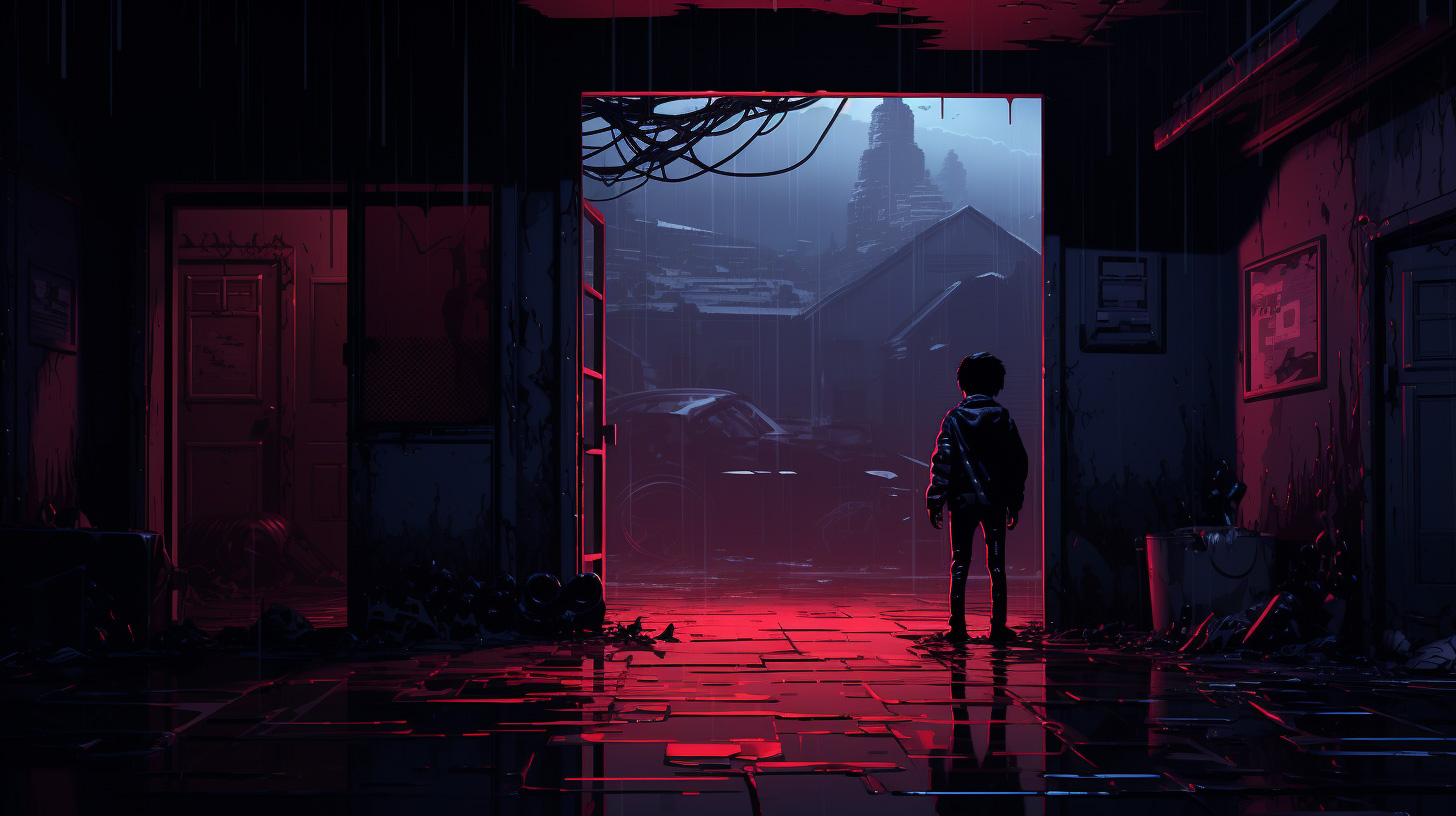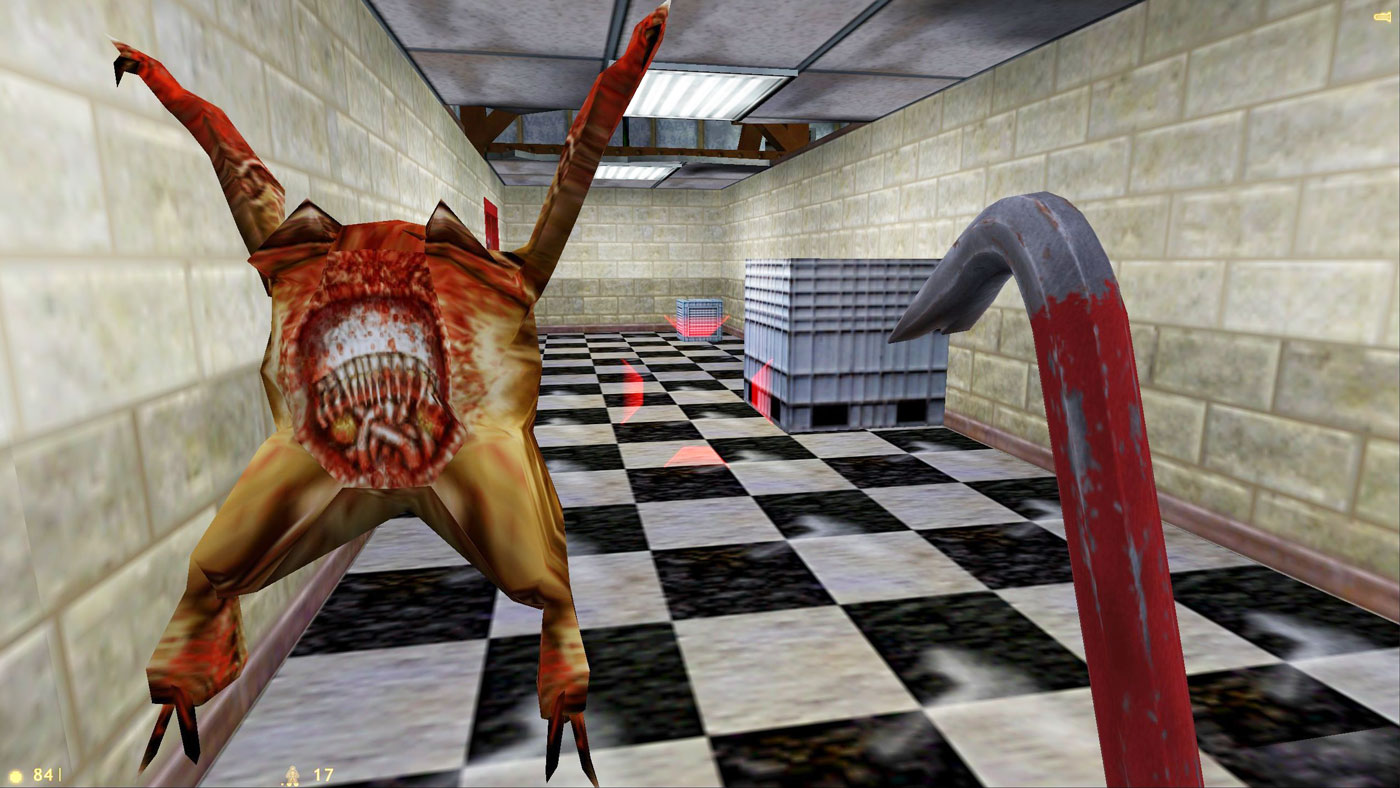Last week I wrote about the importance of AI, particularly genML models like GPT3, to the future of the games. This week OpenAI launched GPT4.
The new model isn’t particularly blowing anyone away right now – probably because for most people it’s muzzled in the ChatGPT interface – but in place of the wow factor is the growing realisation of profound change. As one friend commented:
“It’s almost like the steam engine is being invented in front of our eyes, but it’s only taking a few days, and within a month or two everyone will have one.”
Of course, GPT4 is good: it can write 25,000-word essays and stories, it’s marginally smoother and more creative than GPT3, it does things that five years ago were science fiction, and it’s “safer”. The last gives me a bit of a skin crawl.
If AI engineers stopped building their models right now, just turned the research off, the AI we already have would be enough for multiple revolutions. As OpenAI remarked in one casual line from their introductory video, “GPT4 can teach a huge range of subjects.” Not long ago that would have been ridiculous.
Receiving less attention than GPT4 this week was a matching iteration for the image generator MidJourney, releasing Version 5. However many lawsuits Getty wants to launch, stock photography is gone. MidJourney produces polished fake photographs, from any era and in any style. The uncanny has for the most part been banished – less shadowy faces and six-fingered hands – and the vibe is much more real.
The upshot from these two iterations is wondrous and rich fictional worlds, quicker. Games will use the blockchain and AI to interweave the real and unreal tighter than ever. Maybe not an unalloyed good, but we’re heading there anyway: “Within a month or two, everyone will have one.”
That was the good, scary news. The bad, scary news was that three banks collapsed, stablecoin USDC de-pegged from the dollar, Meta ditched NFTs and announced plans to cut another 10,000 jobs, and Sam Bankman-Fried paid himself more than $2b for incompetently running an organisation that perhaps forever destroyed the mainstream credibility of “crypto”.
The Axies are back
Despite his approachable demeanour, I think my colleague Caveman regards himself as pretty hardcore. So when he was given the assignment to cover the new version of Axie Infinity, he wasn’t happy.
Axie has been the archetypal play-to-earn trash game: simple graphics, one-dimensional gameplay with all the emphasis on the economic model. The game was updated last month, and Caveman has changed his tune. He’s got four reasons it’s worth trying. And no, he hasn’t bought in. Read
The sky is falling
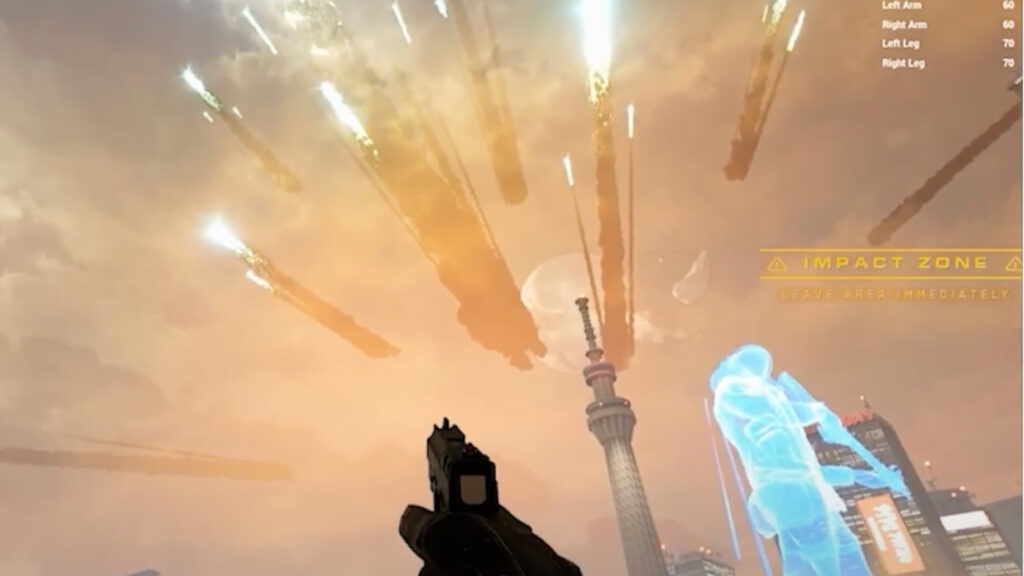
We write about Shrapnel a lot at Polemos. We can’t help it. It’s like the anti-Axie. It’s a shooter, it looks cool, you can’t pay to win, and of course, it doesn’t yet exist. The last is great for maintaining allure.
The team at Neon have given themselves till the end of next year to deliver their finished product, but just check out what they have created already with this gameplay video of a sigma storm. Air-raid sirens, deep bass drone, and spectacular particle physics. Read
The truth about NFTs

I was once sold on the idea of the blockchain demanding absolute personal responsibility from those who participated, not as a matter of ethics, but of necessity. You take custody of the things you own – currency, NFTs, and other assets – and it’s up to you to look after them. It is impossible, so the theory goes, for any central authority to correct your foolish mistakes – like dumping your bitcoin keys in landfill – because there is no centre at all.
Look closer and this is often not the case. My favourite story this week illustrated that beautifully: Star Atlas accidentally sold a $5m spaceship for $5. The relevant part is not how a coding error chopped zeros off prices, but what Star Atlas did afterwards: gutting their prize NFT from the inside while it sat in someone else’s wallet.
It’s a bad look for an industry trying to convince the mainstream that it’s for real. Either lose the hyperbole or deal with inconvenient consequences.
If you enjoyed reading this, please sign up to our free weekly newsletter.





